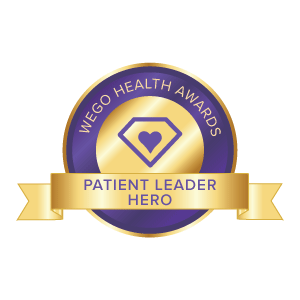A Call to Action – Let’s Co-Create the Next Chapter of Health Care Together
Healthcare is at a crossroads. We stand between what we’ve always done and what we know is possible. The future will not be built by institutions alone. It will not be shaped by policymakers, clinicians, researchers, or innovators alone. And it certainly will not be defined for patients without them (#nothingaboutuswithoutus , am I right?!)
The next chapter of healthcare must be co-created with patients, not merely around them.
Over the past four articles, we explored how patients can meaningfully contribute to improving healthcare through knowledge, language, education, emotional connection, and lived experience. Yet, knowledge alone does not transform an entire complex system, like healthcare. Action does.
So here is my invitation. To you, to myself and my peers, to all of us:
1. Invite patients in before the decisions are made
Pull people with lived experience into the design phase, not the launch phase. A seat at the table is powerful. A voice shaping (or helping to construct) the table is transformative.
2. Replace assumptions with conversations
Ask those who know, i.e. people with lived experience, what matters, not what’s the matter. Their priorities, fears, motivations, pain points, and definitions of “success” has the potential to change the trajectory of any project for the better.
3. Build feedback loops instead of one-off interactions
Shouting this from the rooftops: lived experience involvement is not a checkbox. It’s a relationship. Make engagement with us collaborative, continuous and measurable.
4. Use real-life expertise to drive clinical, operational, and economical value
People’s lived experience is a data stream. The insights reduce waste. Real-life preferences improve adoption. Lived (or loved) experience outcomes define value. This is not a “nice-to-have.” It is a strategic advantage.
5. Commit to a shared future
A future where healthcare is equitable because it is designed with real human experience in mind.
A future where PWLE are treated as partners, not passengers.
A future where innovation is meaningful, not decorative.
A future built on trust, transparency, and shared ownership.
We already know what needs to change.
The question is if we are brave enough to build it together?
If you are ready to co-create this next chapter, whether as a clinician, researcher, policymaker, innovator, payer, industry leader, or fellow lived experience expert, then let’s talk. Let’s shape the next generation of healthcare hand in hand, from the very beginning.
Because the future of healthcare is not happening to us. It is happening with us.
And it starts now.


